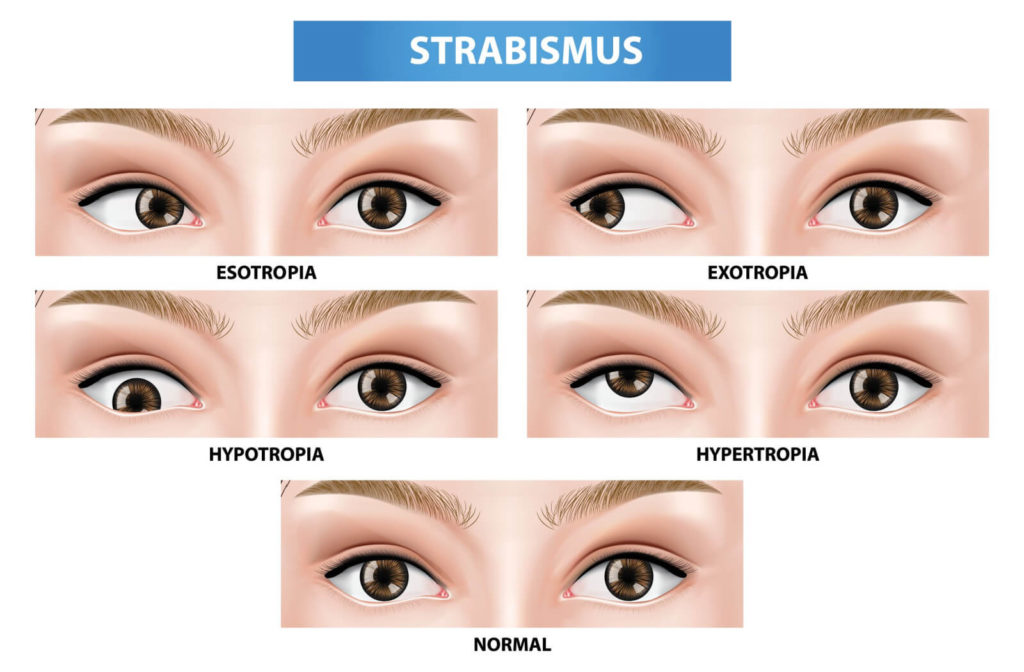Dizziness, a feeling of disorientation, can make you feel faint, nauseous, or unsteady, and may be associated with vertigo and temporary or long-term changes in your vision. While dizziness may indicate a range of conditions that vary in severity, some vision-related issues can lead to dizziness.
In addition to visual clarity, visual skills help your eyes and brain communicate properly, and a disruption to this process can lead to conditions causing feelings of dizziness or vertigo.
Your overall eye health encompasses much more than just clear vision, which is why eye doctors perform comprehensive eye exams to check your visual skills, eye health, and more.
What is Dizziness? Common Causes
Dizziness refers to a range of sensations related to spatial disorientation including lightheadedness, nausea, and unsteadiness. Vision-related dizziness can be caused by a breakdown in communication between your eyes and brain. Dizziness often has to do with balance, and 3 systems help regulate this:
- The visual system
- The vestibular (inner ear) system
- The proprioceptive (sensory nerves) system
Within the visual system, problems related to binocular vision (how your eyes work together to form an image) are most often associated with dizziness. When your eyes have difficulty working together as a team, this misalignment can cause feelings of dizziness.
Some misalignment issues that have been linked to dizziness are oscillopsia (jumpy, blurred vision), strabismus (crossed eyes), and the more rare condition of ophthalmoplegia (paralysis or weakness of eye muscles).
Oscillopsia
Oscillopsia refers to a vision problem that causes objects to appear jiggly, jumpy, or vibrate when they are not in motion. People with this condition may experience this feeling while walking, running, standing, or sitting still.
Oscillopsia often stems from eye misalignment but can be related to the relationship between the inner ears and the brain that regulates balance. It may also be related to neurological conditions, so treatment will depend on the cause of your oscillopsia.
Eye doctors can perform exams to check eye alignment and visual coordination, while neurological exams may be necessary to determine or treat other conditions associated with oscillopsia.
Strabismus
In everyday speech, you may have heard strabismus referred to as “crossed eyes.” Since strabismus is a form of eye misalignment, some people with this condition report experiencing dizziness, but not everyone with strabismus experiences this.
Strabismus most commonly affects children under the age of 3, and in some cases, can occur in adulthood. Adult strabismus may be related to trauma, vascular issues, or neurological problems.
This condition can often be corrected by wearing eyeglasses, undergoing vision therapy, or in some cases, undergoing surgery. For children, it’s especially important to treat this condition as soon as it is detected to support healthy vision moving forward.
Ophthalmoplegia
Ophthalmoplegia is a rare genetic condition in which eye muscles are weak or paralyzed. There are 2 types of ophthalmoplegia: chronic progressive external ophthalmoplegia and internal ophthalmoplegia.
Internal ophthalmoplegia is the more common of the two, occurring due to damage to the nerve fibers that coordinate eye movement. People with this condition may experience double vision or have difficulty moving their eyes in the same direction, causing feelings of disorientation and dizziness.
Treatment for ophthalmoplegia will depend on the cause. While this condition is quite uncommon, maintaining a healthy lifestyle and attending regular eye exams can help reduce your risk.

Can Dry Eyes Cause Dizziness?
While dry eyes themselves are not a direct cause of dizziness, they can contribute to a range of discomforts that may indirectly lead to feelings of unsteadiness.
Dry eyes occur when there is insufficient lubrication on the surface of the eye, often resulting in irritation, redness, and a gritty sensation. When your eyes have been bothering you for a while, you might catch yourself shifting around or tilting your head to find some relief.
Staring at screens for extended periods, a common contributor to dry eyes, can lead to eye strain and fatigue. This can be associated with feelings of dizziness.
Dry eye treatment options are available at Total Vision Rancho Bernardo to help you avoid any irritating symptoms.
Can Eye Strain Cause Dizziness?
Eye strain can be a sneaky culprit behind dizziness. When you’re glued to screens or engaged in tasks requiring intense visual focus, the muscles in your eyes can become overworked and fatigued. This eye strain may manifest as headaches, blurry vision, and even affect your equilibrium.
The intricate connection between your eyes and the brain means that strained eye muscles can send signals of imbalance, leading to that dizzy sensation. So, if you find yourself squinting at screens for prolonged periods, it’s not uncommon for your eyes to rebel and leave you feeling a bit wobbly.
What to Do About Vision-Related Dizziness
The causes of dizziness are many, so getting to the root of the problem can help you determine who to go to for help. Dizziness related to the inner ear or sensory system will require different treatment from dizziness related to vision.
Through a comprehensive eye exam, your eye doctor can help you determine if your dizziness is vision-related. During an exam, your optometrist can check your visual skills and eye alignment, and recommend vision therapy or other corrective measures if they could be beneficial for you.
Other Tips
Whether your dizziness is related to vision or other causes, you should take the proper measures to keep yourself safe when episodes of dizziness arise.
If you’re feeling dizzy or lightheaded, it’s a good idea to sit or lie down, drink some water, and allow yourself to rest. Dizziness that lasts for longer periods or continues to return may indicate something bigger, so it’s important to investigate the cause.
Caring for your eye health is an important step in caring for yourself as a whole. A few things you can do to care for your eyes and reduce your risk of eye disease on a daily basis include following the 20-20-20 rule (after 20 minutes of screen time, take 20 seconds to look at something 20 feet away), maintaining a healthy diet filled with plenty of vitamins and nutrients, and drinking enough water.
Come in for an Eye Exam
Regular eye exams are an excellent way to care for your eye and personal health by detecting signs of disease, helping determine the causes of your symptoms, and finding treatment options to help you experience comfortable, clear vision.



